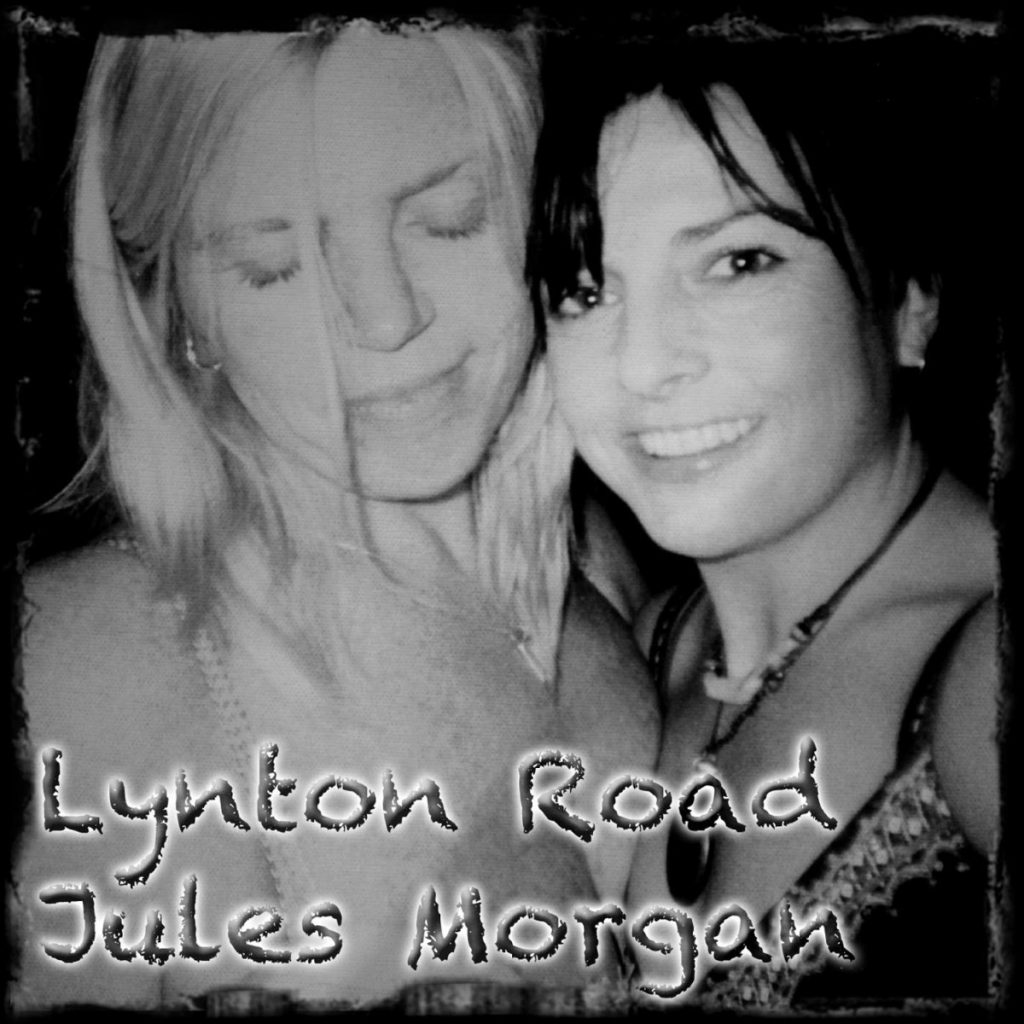It’s Valentines’ Day – but where are all the gay love songs?
By Jane Fae
Yay! Once more Valentines' Day is upon us, together, for those who are into such things, with hearts and flowers and much chocolate and restaurants and romance and…music. Chris De Bergh, the Hollies: just pick your pop star and chances are that somewhere, sometime, they wrote the perfect track for you.
Perfect, that is, so long as you happen to be straight. For anyone who isn't, it's time we started asking where all the gay love songs are. I don't mean the loaned ones – the songs about straight romance sung by artists who were gay, or who we later discovered to be gay. And I don't mean the borrowed ones – apparently straight songs which, by virtue of who wrote or sung them, may be presumed in hindsight to reference gay love.
Still: seek long enough, wide enough, far enough and 'the gay' is there. Sometimes it's overt, as in the early works of Bowie or single stand-out songs like 'The Killing of Georgie' by Rod Stewart. Then there's the Kinks paean to gender fluidity: 'Lola'. Other times, it's more hidden: Aznavour's 'what makes a man a man?' springs to mind.


So there isn't a problem. Is there?
That’s not the view of lesbian singer song-writer Jules Morgan., who is sufficiently concerned by what she sees as the lack of a genuinely gay musophere that she began a gentle one-woman campaign to help it see the light of day. Jules, whose style is centred around a clear-voiced jazz and folk fusion, has just released two tracks. The first, 'A Love Song' came out earlier this month, and is unashamedly dedicated to Jo, the partner with whom she has been together for nine years in total and as civil spouse for four.
The second, 'Lynton Road', is the first song she ever wrote, in 2005, and is being released officially for the first time today. Or rather, it is being released time zone by time zone across the world, in an effort to raise as much awareness as possible of her cause. – more on that in a moment.
"There are gay artists out there," Jules says. "But to be gay and to sing a gay love song is still something exceptional – abnormal almost. Gay will not be truly accepted, acceptable, until such time as it is as ordinary and unexceptional for an artist to release a song called 'When A Man Loves A Man'’ – and for straight couples to nod along to it – as it is now for gay lovers to listen to straight songs".
That's it, in a nutshell. There are gay singers touring gay clubs singing gay songs – just as once upon a time many music books referred to a 'negro spirituals', or jazz. Every community, in its time, creates its own unique artistry. While that uniqueness may act as a source of strength and cohesion within the community, it is also a mark of difference, highlighting barriers far more than it breaks them down.
This, in political terms, is normativity and privilege: a world in which so overwhelming is the prevailing cultural ethic that it is difficult even to express what a different world view would look like. "The music industry", according to Jules "is basically straight, with here and there, small islands of gayness".
"The majority of gay artists are not writing or singing gay songs: those that are remain mostly on the fringes. A few – a very few – such as K D Lang or the Indigo Girls make the transition into the mainstream precariously. Most remain in the closet or sign up to a commercial version of their sexuality that may, or may not, truly reflect who they are.”
This, she explains, often leads lesbians to identify as bisexual: "For some, that may be true. But for many, there is a sense of playing along to commercial pressures." This, according to writer Barbara Ellen, is the difference between "true bisexuality" and "bisexuality as the trendy, face-saving mask for the pop marketing 'disaster' of lesbianism".
The issue, it seems, is that when it comes to the world of pop, however much the stars like to play with issues of orientation, their sexuality remains the story. This is in sharp contrast to the world of film and television, which has long since passed milestone events such as the first gay kiss or the first out actor. It;s now at the point where someone like Ian McKellen is considered an actor who also happens to be gay.
"No", says Jules, "we are not there yet".
But it's important we do get there. "I still remember what it was like coming out. It's never easy and for many young people, whether lesbian, gay, bisexual or transgender, it can be the loneliest time of their lives – made even more so by the fact that when they look around, nobody seems to be singing about what they are feeling."
Speaking of her own personal project, including today's rolling release of 'Lynton Road', on approximately a dozen local sites, as the dateline switches over from Wednesday night to Thursday morning, she concludes: "That's why this is important. I'm not going to pretend that I'm up there with the superstars – but this is from the heart, in every sense of the word: and I hope that in some way, putting these songs out there will make a difference to someone."
Where are all the gay love songs? They're out there but for now, they remain something unusual, extraordinary. The real question – the one that might make a difference – is not where, but when: when will gay love songs be as ordinary, as innocent, as straight love songs?
The answer, Jules hopes, is: soon.
Jane Fae is a writer on gender issues. You can read more of her writing here and follow her on Twitter here.












